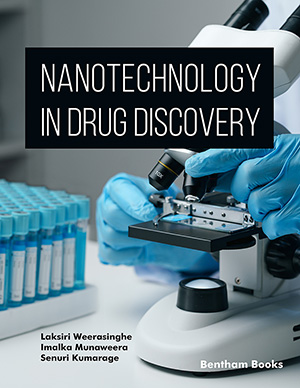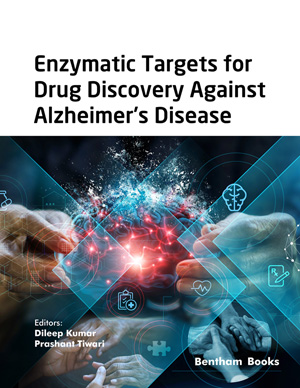Abstract
Bispecific antibodies (BsAbs) are promising immunotherapies for cancer treatment designed to engage both tumour and immune cells. However, their use is associated with potential toxicities, including cytokine release syndrome (CRS), neurotoxicity, and on-target, off-tumour toxicity. CRS, characterized by cytokine release, is the most common, potentially life-threatening toxicity. Neurotoxicity presents as neurological symptoms and on-target, off-tumour toxicity damages healthy cells. Incidence and severity vary based on BsAb type, dose, patient factors, and tumor characteristics. For this study, articles pertaining to BsAb toxicity were searched on PubMed. Moreover, the management involves early recognition, dose modification, supportive care, and, in severe cases, immunosuppressive therapy or treatment discontinuation. Clinicians must carefully assess risks and benefits, considering individual patient profiles. Close monitoring and multidisciplinary collaboration are crucial for effective BsAb therapy. All in all, while toxicity is a concern, with vigilant management, BsAbs remain a valuable cancer treatment option.
Keywords: Immunotherapy, bispecific antibodies, cytokine release syndrome, neurotoxic, toxicity, BsAbs.
 19
19


























